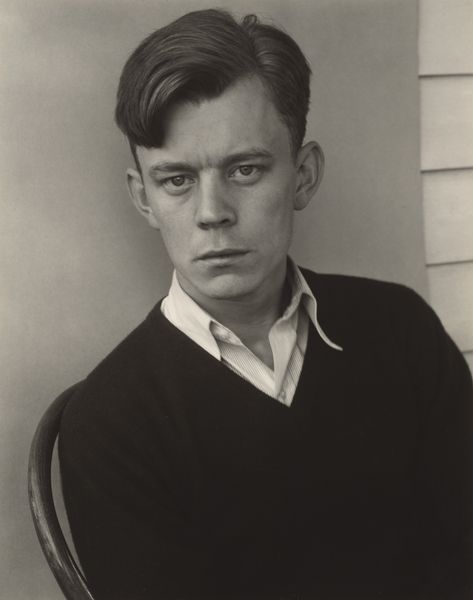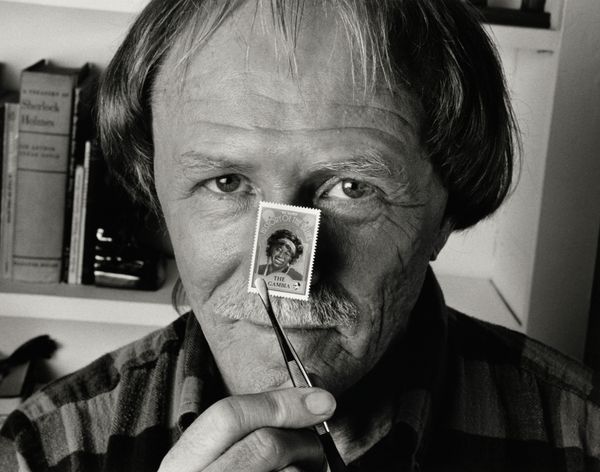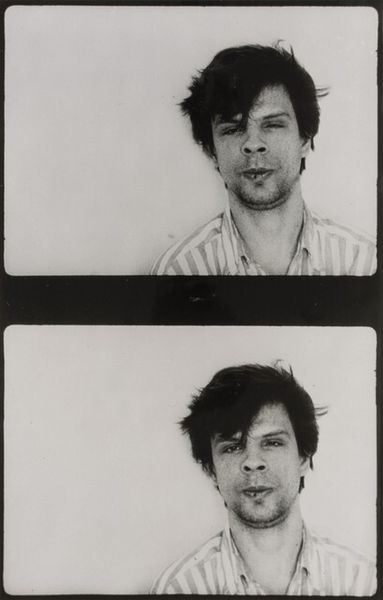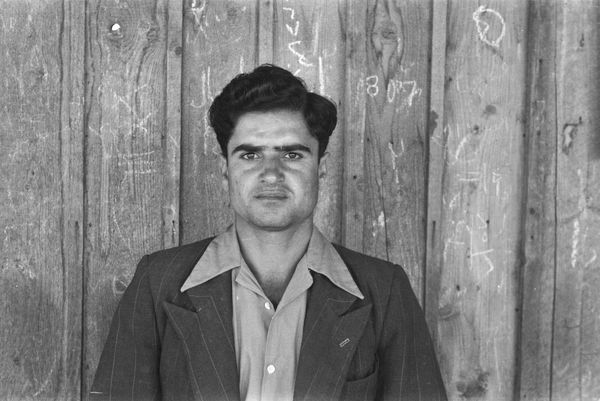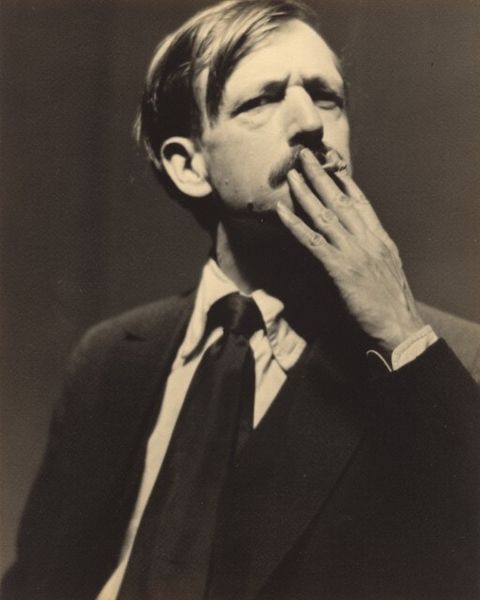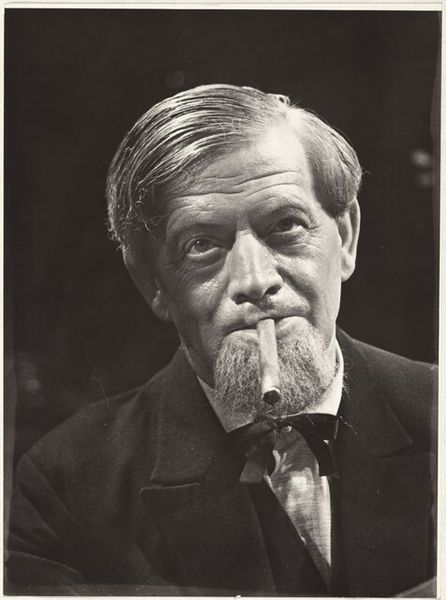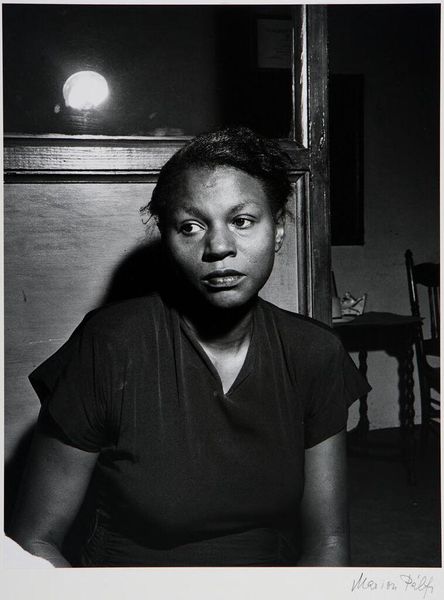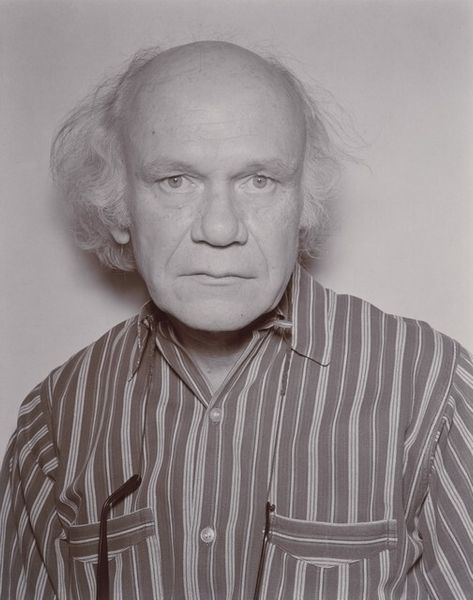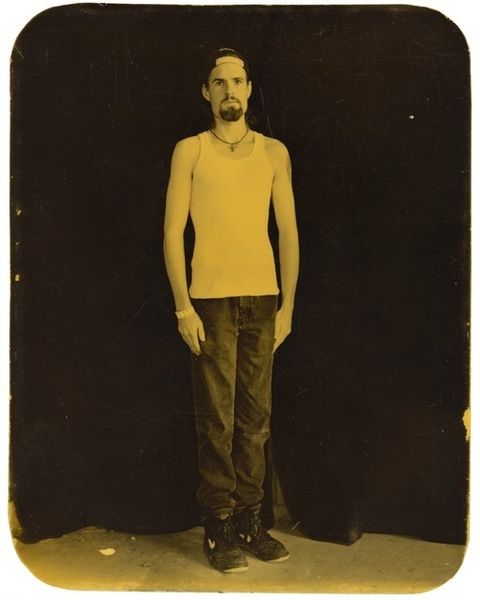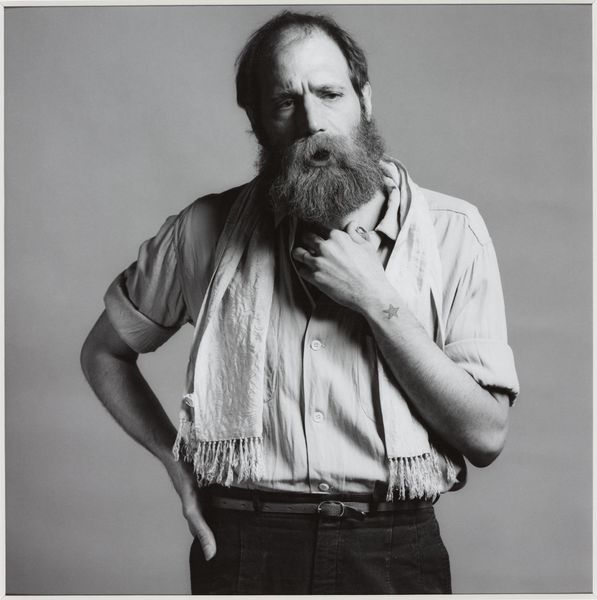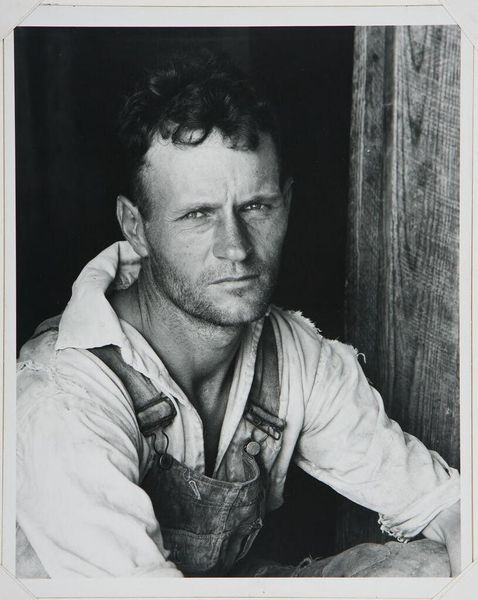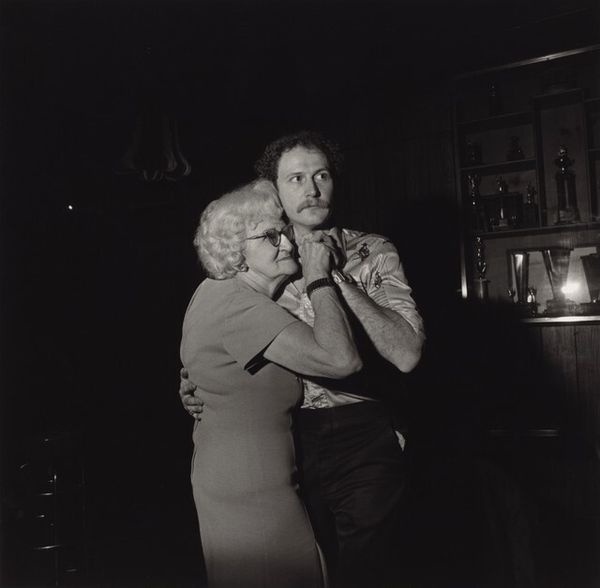
photography, gelatin-silver-print
#
portrait
#
black and white photography
#
low key portrait
#
portrait image
#
portrait
#
black and white format
#
b w
#
photography
#
black and white theme
#
portrait reference
#
black and white
#
gelatin-silver-print
#
monochrome photography
#
modernism
#
realism
#
monochrome
Dimensions: image: 80.01 × 80.01 cm (31 1/2 × 31 1/2 in.) sheet: 108.59 × 101.6 cm (42 3/4 × 40 in.)
Copyright: National Gallery of Art: CC0 1.0
Editor: This gelatin-silver print, "New York," was created in 1987 by Rosalind Solomon. It's a stark portrait in black and white. It feels intensely personal, yet somewhat unsettling at the same time. What do you see in this piece? Curator: It's a powerful image, isn’t it? Solomon's work often challenges us to confront uncomfortable realities and social stigmas. Consider the gaze of the subject—wide-eyed, seemingly vulnerable, but also challenging. Knowing Solomon's background in anthropology and her focus on societal outcasts, how might we interpret this portrait in relation to identity and difference? Editor: Perhaps the starkness of the image draws attention to physical differences and makes the viewer question their own assumptions about beauty and normalcy? Curator: Exactly! The black and white medium emphasizes the raw textures and highlights perceived imperfections. In a society obsessed with idealized beauty, Solomon dares to present an unvarnished truth. Do you think this piece could also be read as a commentary on representation, on who gets to be seen and how? Editor: Definitely. By portraying someone who might be marginalized or overlooked, Solomon seems to be reclaiming space for those often rendered invisible. The very act of capturing this person’s image feels like an act of resistance. Curator: It makes you wonder about the story behind the portrait, doesn’t it? It transcends the mere act of observation, inviting a dialogue about visibility, acceptance, and the ethics of representation in art. Editor: I hadn’t considered the ethics of representation so directly before, but now I see how the work functions as both art and social commentary. Curator: And hopefully a catalyst for empathy.
Comments
No comments
Be the first to comment and join the conversation on the ultimate creative platform.
